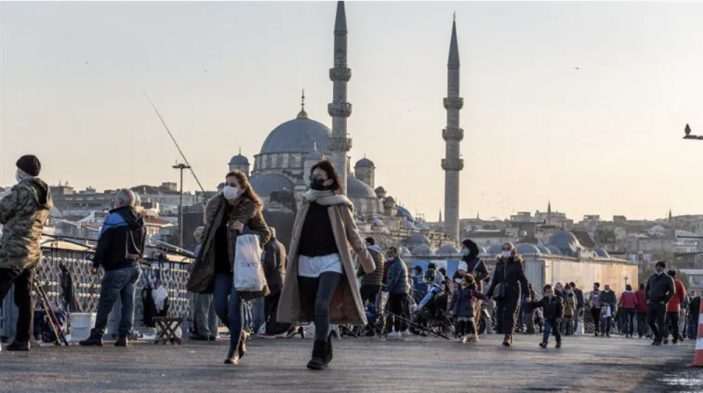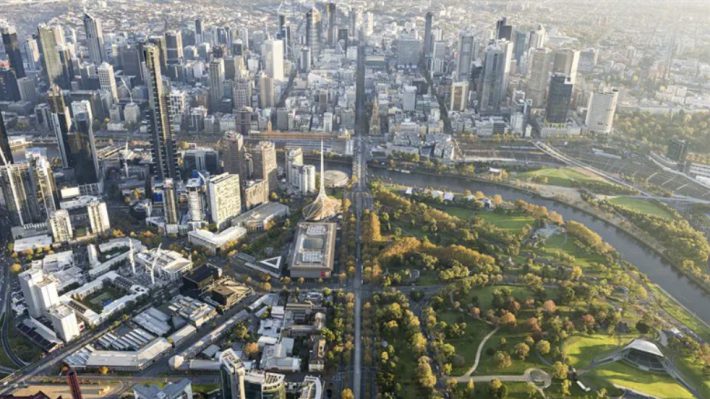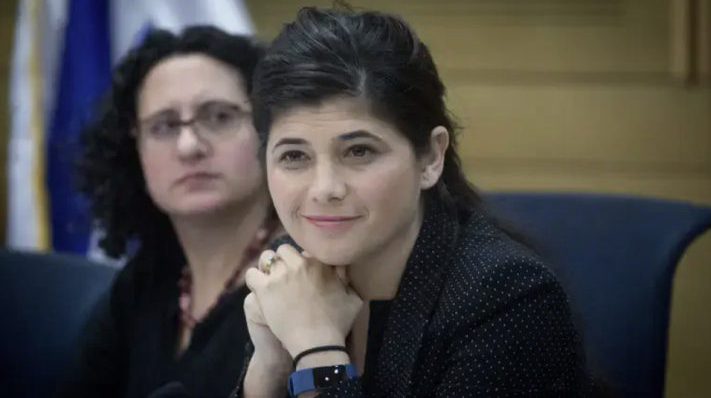Rising Turkish entrenchment in Syria and political rivalry with Israel raise fears of a regional flashpoint, with experts warning of a dangerous tipping point.
As Israel intensifies its operations in Syria, a more troubling geopolitical undercurrent is surfacing — the increasing likelihood of a direct strategic clash with Turkey, a country positioning itself as the patron of the al-Julani regime.
Is such a confrontation inevitable?
To examine this possibility, Arutz Sheva – Israel National News consulted Dr. Hay Eytan Cohen Yanarocak, an expert on Turkish affairs and editor of the Turkiscop journal. He is also a research fellow at the Begin-Sadat Center for Strategic Studies and the Dayan Center at Tel Aviv University.
“There is definitely reason for concern,” warns Dr. Yanarocak. “Since Assad lost control in parts of Syria, Turkey has embedded itself as a dominant power in the north, overseeing infrastructure, transportation, and even governance. Its influence is steadily expanding.”
He links the recent unrest in Suwayda — particularly attacks against the Druze community — to Turkish-backed minority fighters, suggesting Ankara may be using regional tension to block any normalization between Israel and the al-Julani administration.
“Turkey is wary of any formal agreement between Israel and Syria, especially if it hints at future inclusion in the Abraham Accords. When you follow who benefits from destabilizing Suwayda, the trail leads straight to Turkey.”
Following Israeli airstrikes on Syrian targets, Turkey has gone a step further. Its defense ministry offered overt support to Syria, including military assistance. According to Dr. Yanarocak, this isn’t just diplomacy — it’s a calculated strategy to deepen Syria’s reliance on Turkish protection.
So, is Turkish President Recep Tayyip Erdogan steering toward open confrontation?
“Erdogan views himself in regional competition with Israel, especially after seeing Iran’s regional power dented by Israeli action,” Yanarocak explains. “He’s aiming to recast Turkey as the uncontested leader of the Muslim world — not through direct conflict, but via political escalation and strategic manipulation.”
While a military standoff may not be Erdogan’s first choice, the escalation in rhetoric and posturing is unmistakable. Both nations are engaged in high-stakes maneuvering under the wary gaze of Washington.
There is, however, a sliver of diplomacy in play. A direct communications channel between Ankara and Jerusalem, brokered by Azerbaijan, is now active — and Dr. Yanarocak insists it is critical to de-escalation.
“We need this dialogue to define red lines. Both sides must speak clearly — that’s the only way to avoid a tragic miscalculation.”
Despite its NATO-grade arsenal and regional ambitions, Turkey remains highly conscious of the IDF’s military capabilities.
“Turkey has never faced an adversary like Israel on the battlefield,” says Yanarocak. “And it knows that the cost of such a confrontation would be extraordinarily high.”





